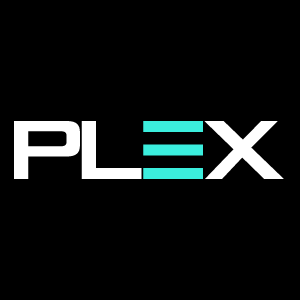Organizations that manage a supply chain have a number of priorities that need to be continually balanced: meeting financial goals, completing customer orders on time and in full, and keeping facilities at optimal productivity levels, to name just a few. Achieving balance across these often-competing priorities requires demand planning to be integrated with supply planning.
Sales and operations planning (S&OP) is one such process that can help align supply with demand because the outcome of the S&OP process is a consensus-based operating plan that unifies a company’s ability to create supply against the expected demand of their products.
Overview of Sales and Operations Planning
The designation “S&OP” itself implies that supply and demand planning are connected. Demand planners work with marketing and sales to forecast future sales and then with operations to generate the supply plan. Through the S&OP process discrepancies between the demand and supply plans are readily identified and methods to bring supply in balance with demand can be explored by the cross-functional S&OP team.
Before discussing how organizations can benefit from integrating demand planning and supply planning, it’s important to understand what each function contributes to a business.
Demand Planning
Without a proper understanding of demand, businesses can fall short in facilitating client orders and maintaining a steady workflow. Demand planners use historical sales data, along with awareness of upcoming product launches, promotions, and other marketing initiatives to anticipate future demand.
Supply Planning
During the supply planning stage of the S&OP process, supply planners interpret their organization’s demand forecast and create a roadmap for meeting that demand. Supply planners work closely with members of logistics, finance, operations, and manufacturing teams to gather accurate data.
The Value of Unconstrained and Constrained Planning
When performing demand and supply planning, it can be valuable to first consider an “unconstrained forecast.” The unconstrained forecast is based off the true demand potential that exists when running your forecast with no consideration given to constraints that may exist, such as capacity, materials, cash flow, etc.
Conversely, the constrained forecast is a forecast constrained by the operations side of the business such as capacity, materials, cash flow, etc. While it may not be realistic to fulfill the unconstrained forecast, understanding it gives a company the opportunity to explore the possibilities (i.e., what is the upside of investing resources needed to meet the unconstrained forecast).
After considering the upside that might result from meeting the unconstrained forecast, it is then important to evaluate the forecast from a constrained perspective. For it is the constrained view that will translate into an actionable, realistic operating plan. Typical constraints include, but are not limited to the following:
- Minimum and maximum batch sizes
- Admissible backorder numbers
- Accessibility of specialized skills in the manufacturing process
- Ability to pay staff overtime when production extends past traditional working days and hours
- Feasibility of finding additional facilities for increased production
- Storage capacities
- Safety regulations, as administered by OSHA and the state
- Time-based limitations on production
By anticipating and properly planning for these constraints, a company will be in a better position to meet customer service goals while minimizing cost.
The Advantage of Supply Chain Planning Software
Adopting supply chain planning software can facilitate an organization’s coordination of demand and supply planning, ensuring all contributors can access the same data through a single efficient, accessible platform. Compared to manual planning methods, supply chain planning software provides the ability to analyze larger sets of data which can lead to more accurate forecasts. With purpose-built software, it is also more likely to detect trends and patterns in the data.
Software also decreases the amount of time spent compiling and reconciling spreadsheets and avoids creating conflicting demand and supply plans. Instead, the software can generate a supply plan to match the organization’s demand plan swiftly and systematically.
To seamlessly integrate your organization’s demand planning and supply planning take a look at DemandCaster’s supply chain planning suite.
Related Articles
